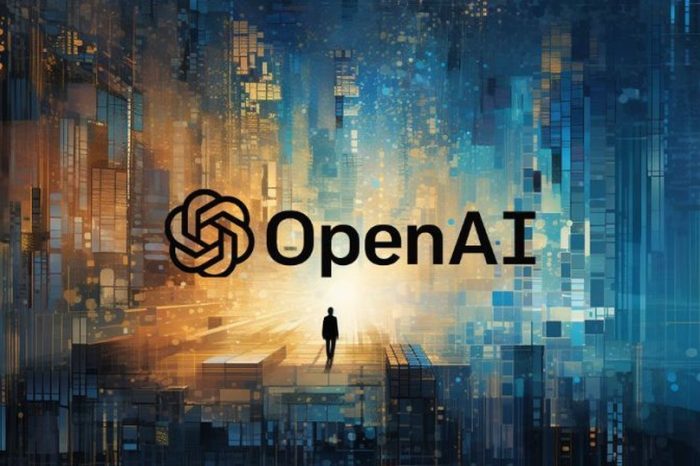Microsoft to train 2 million people in India’s small cities with AI skills

The rapid advancements in AI, including the introduction of large language models (LLM), are reshaping how people work and altering broader business models. That’s why Microsoft has unveiled ambitious plans aimed at upskilling 2 million individuals in India’s smaller cities, equipping them with vital AI competencies.
On Wednesday, CEO Satya Nadella said Microsoft plans to provide AI skilling opportunities to 2 million individuals in India’s smaller cities by 2025. Nadella also emphasized the importance of collaboration between India and the United States in establishing norms and regulations governing AI technologies.
This initiative follows closely on the heels of a similar program launched by Microsoft four months ago in the United Kingdom, aimed at empowering 1 million individuals with the requisite skills to navigate and thrive in an AI-driven economy.
According to the announcement, Microsoft’s initiative will specifically target individuals in small cities, tier-2 and tier-3 cities, as well as rural areas, with the goal of fostering inclusive socio-economic progress. This announcement follows a similar program unveiled four months ago, where Microsoft committed to equipping 1 million people in the UK with the essential skills for success in an AI-driven economy.
Addressing this concern, Nadella stressed the importance of global consensus on rules and regulations governing AI. He articulated his hope that the widespread adoption of AI globally would lead to a more equitable distribution of economic growth. Nadella’s remarks were made during a conference in Mumbai, where he highlighted the need for collaborative efforts to navigate the evolving landscape of AI.
“I hope consensus emerges and that is what really helps, in some sense, (with) the diffusion of this technology,” Nadell said.
During a conference in Mumbai, Nadella shared his thoughts on the ongoing global efforts to establish regulations for AI. He expressed hope that the worldwide spread of AI technology would result in “equal distribution of economic growth,” Reuters reported.
Meanwhile, according to a recent survey conducted by YouGov for Microsoft, only 25% of business leaders have concrete plans in place to recruit the right talent for successfully implementing AI across their organizations. Additionally, a mere 26% have undergone training to enhance their understanding of how to leverage AI effectively in their professional roles. As businesses grapple with the transformative potential of AI, these findings underscore the imperative for proactive measures to bridge the skills gap and ensure a smooth transition into an AI-enabled future.




